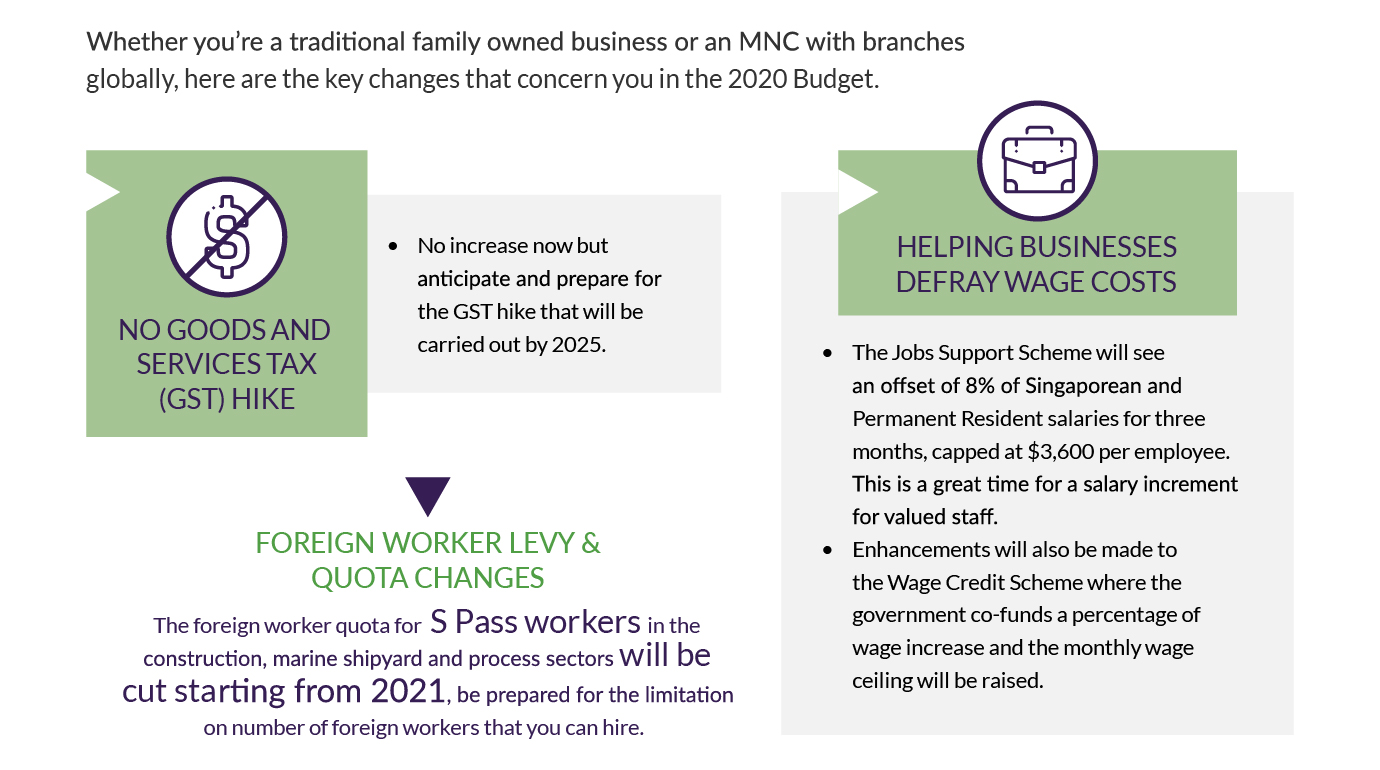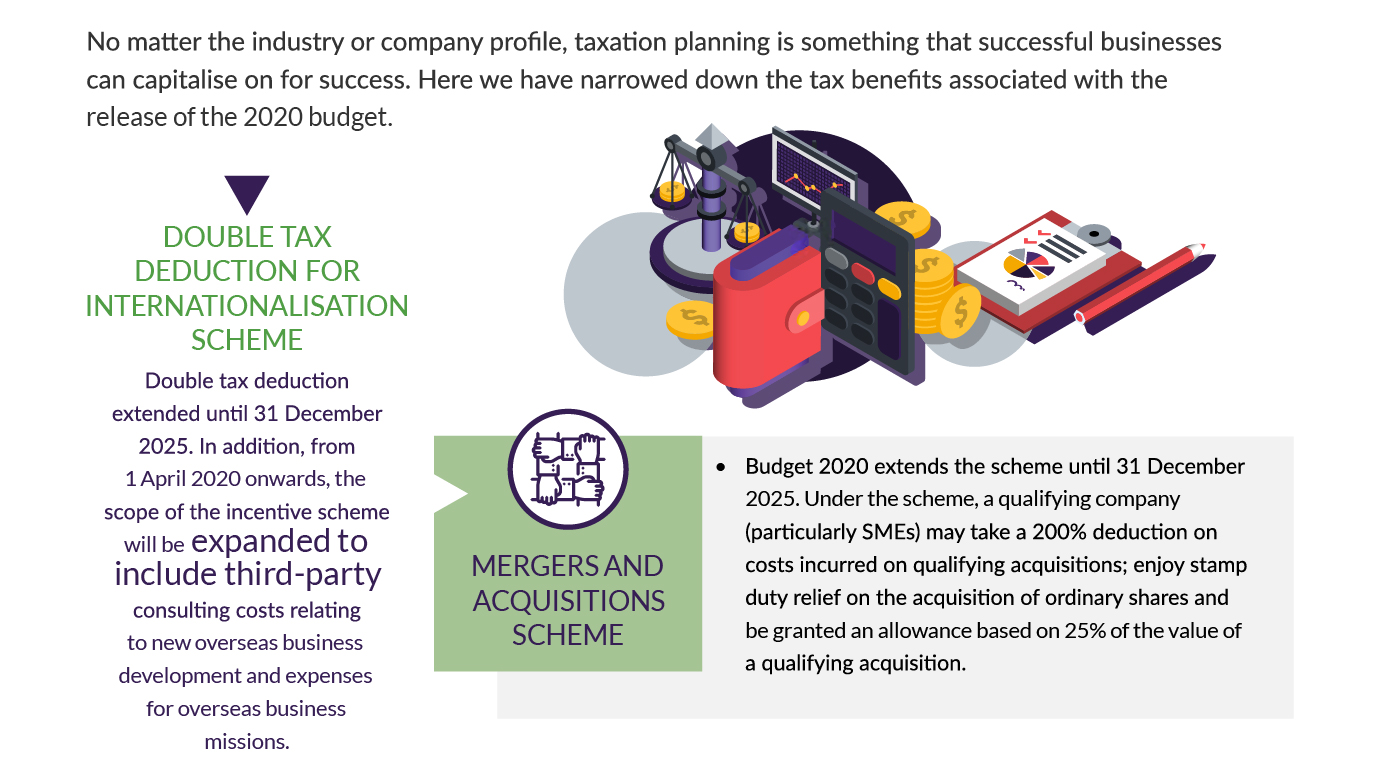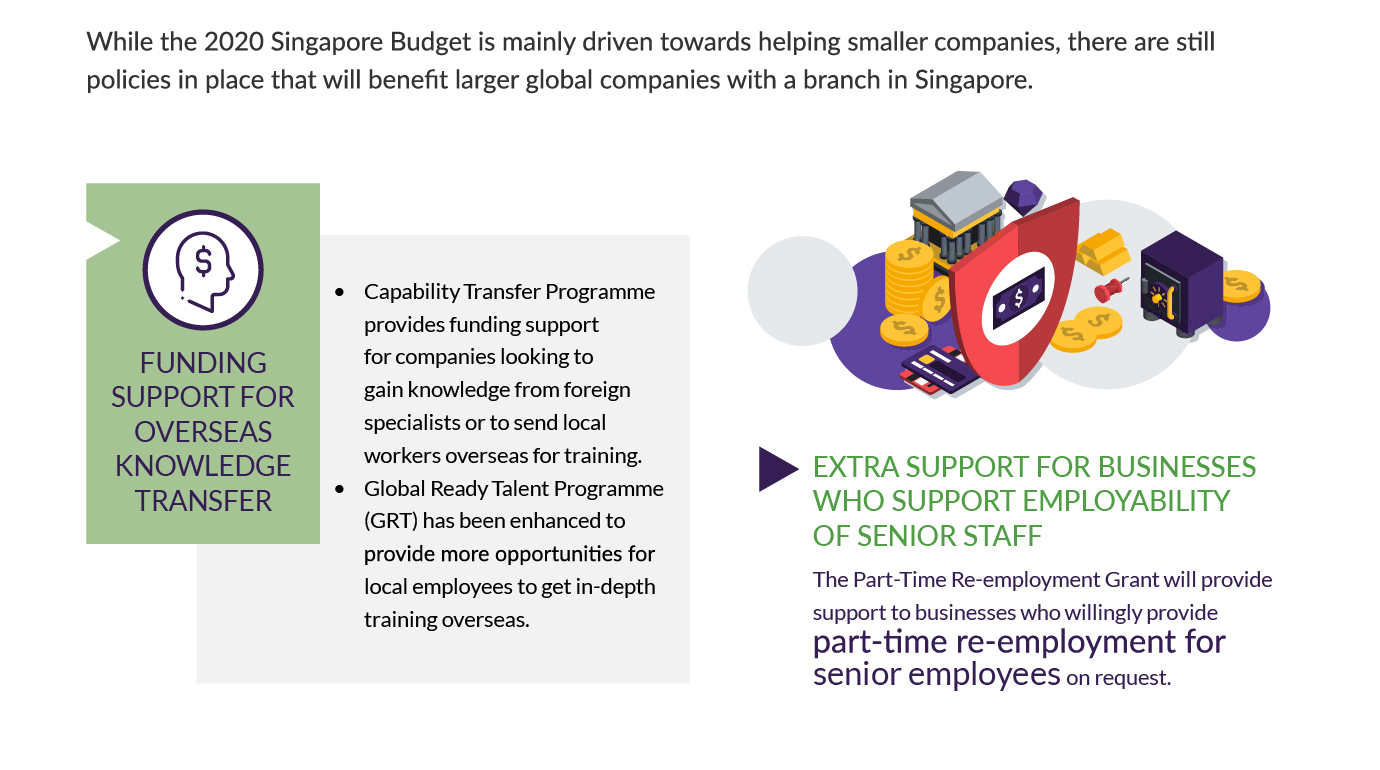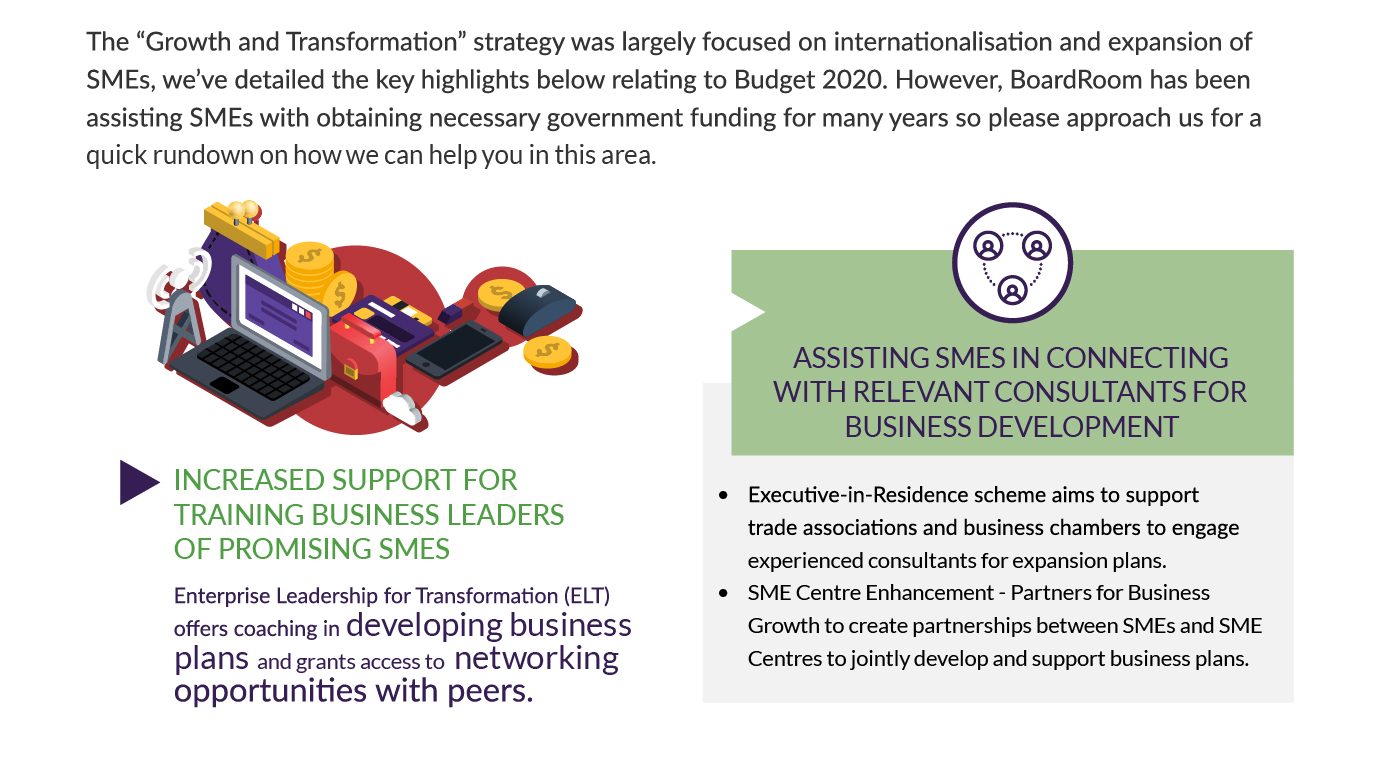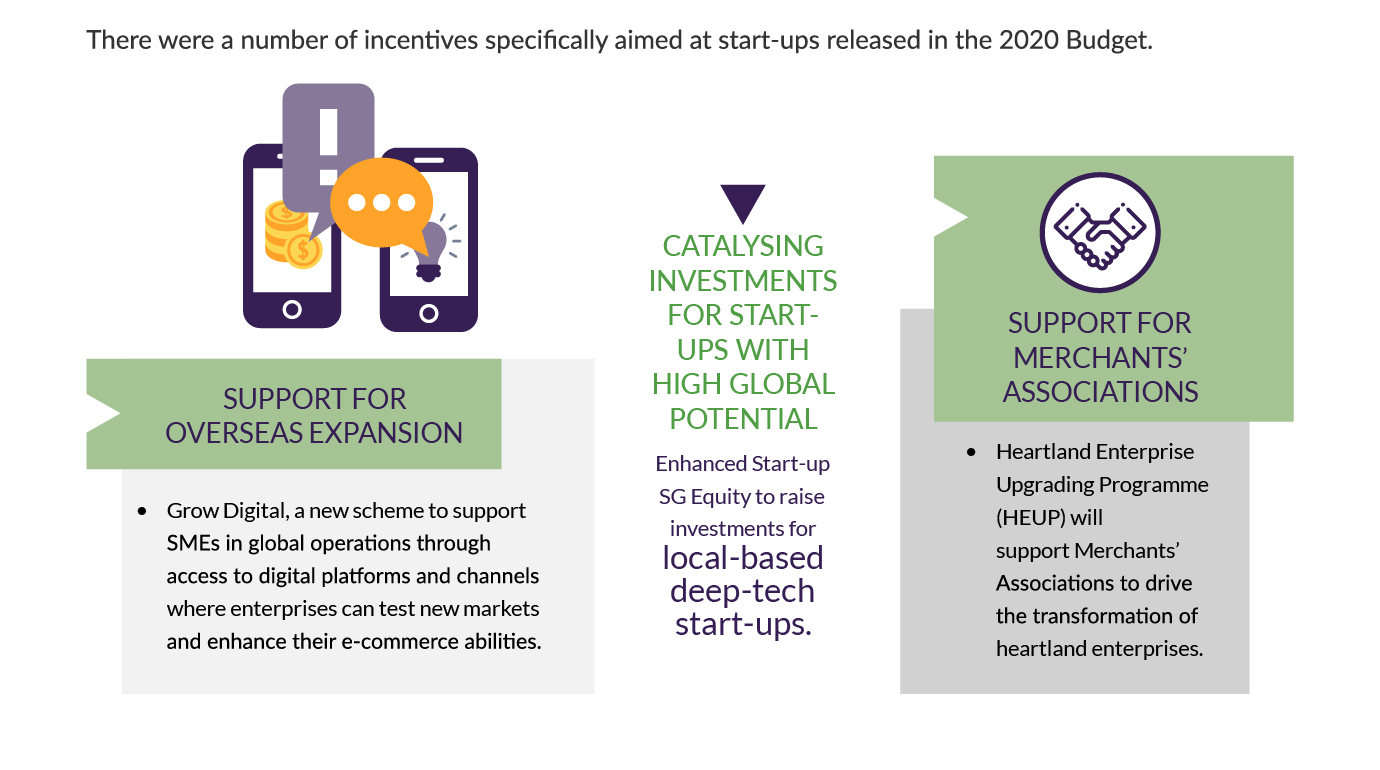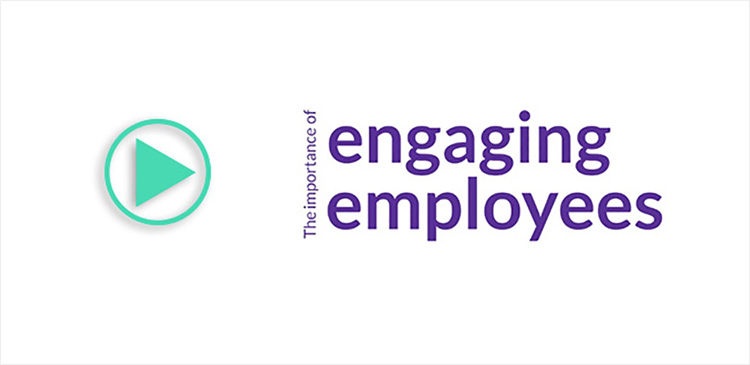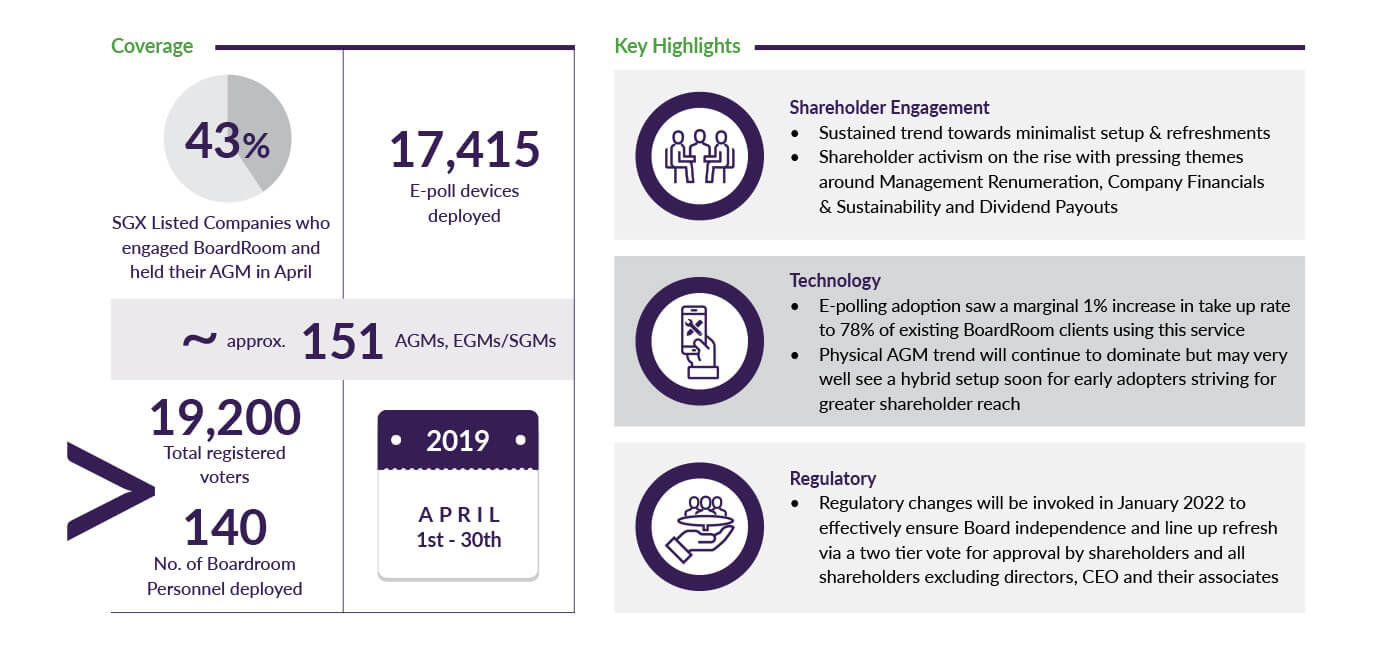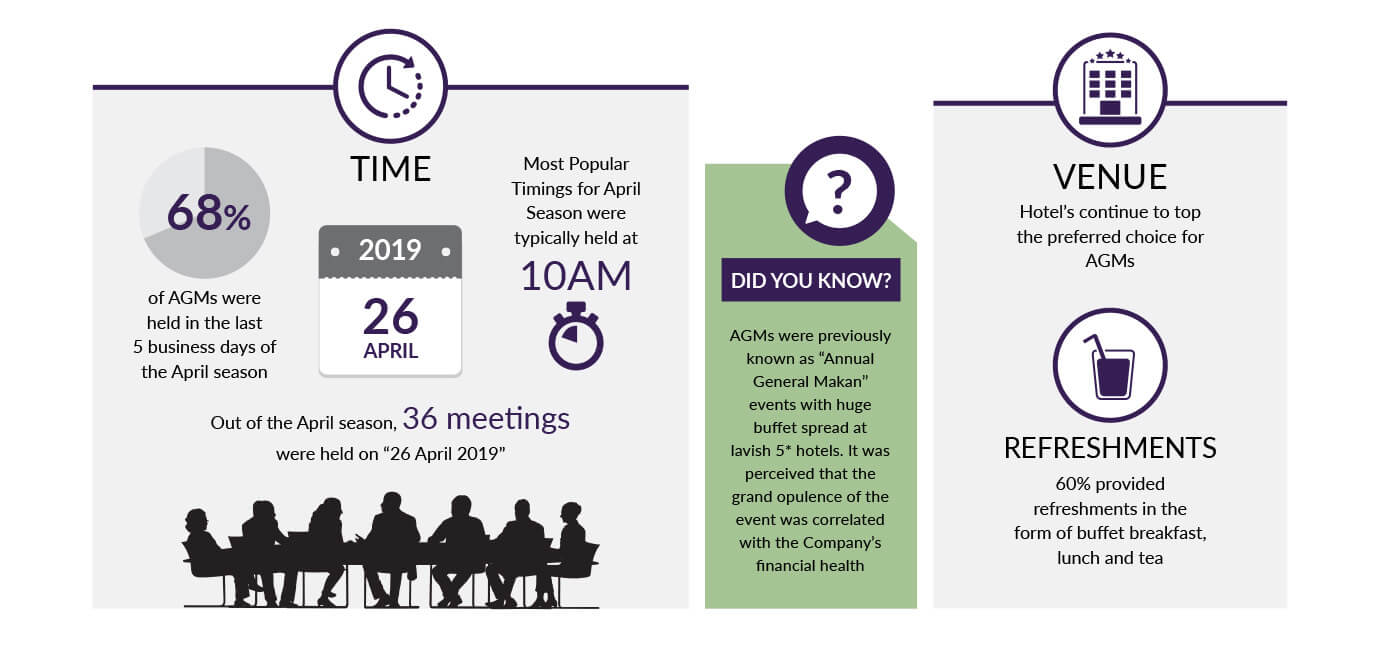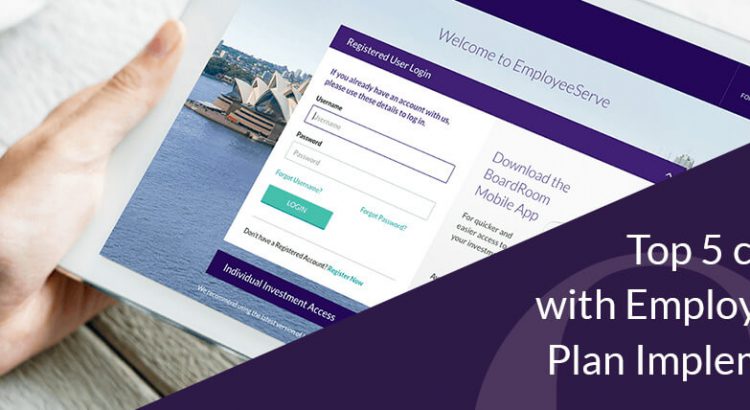Employment Considerations
One of the biggest risks employers face with executing payroll in China is not fully complying with the country’s labour laws. Employees are generally required to have proof of residence in the city in which they apply for employment, and employers must file the appropriate social insurance paperwork.
Employees may be hired on a permanent or temporary basis; a temporary contract can be for a fixed period of time or until the occurrence of a certain event. Workers from abroad can be employed only with special permission from the local authorities and after obtaining an employment certificate for the employee.
Wages and Compensation Considerations
Minimum wages are set by local government agencies across China, and the country’s labour bureaus set standard minimum wages for certain types of jobs. China has an eight-hour work day with an average working week no more than 44 hours long and (generally) two days off per week. Salaries and payroll-run in China are generally paid monthly.
An employee may terminate employment with 30 days’ written notice. Employers must provide 30-day advance notice to an employee to part ways with mutual consent and must pay severance unless the employee failed to satisfy the conditions of his or her employment contract and/or violated any laws or company policies.
Taxes, Social Society & Withholdings
Required tax deductions vary from region to region (and even city to city) across China, but they usually total around 40 percent of an employee’s salary. Since all employees pay income tax, China mandates that employers withhold around 15 percent of employees’ wages for individual income taxes and pay, paying them to China’s tax bureau before the 15th of each month. Employers are also required to withhold and pay a shares tax, bonus tax, or severance tax when applicable.
Employers and employees are required to contribute to China’s mandatory social insurance schemes – pension insurance, medical insurance, industrial injury insurance, unemployment insurance, and maternity insurance – as well as to its Housing Fund which allows the employees to save money towards purchasing their own home.
The amount of social insurance and Housing Fund contributions are adjusted each year for every city or region, with the amount determined using the average salary in each city. Respective government officials often implement the changes at different times, placing an important administrative burden on employers to stay abreast of all required payroll compliance guidelines.
The required withholdings must also be paid to the Bureau of Labour Insurance, National Health Insurance Council, and the Employee Pension Board before the 15th of the following month.
Leave, Vacations & Holidays
As in most other Asian countries, workers in China receive about 10 paid holidays per year. These generally include the first three days of the traditional Chinese lunar calendar, three days for International Labour Day on May 1-3, and three days for National Day from October 1-3. They also receive a paid holiday for January First on the Western calendar and China’s government occasionally establishes special holidays on short notice.
Employees are entitled to between 5 and 15 days of paid annual leave at a sliding scale based on their length of service to the employer. Employees can also apply for sick leave, marriage leave, and funeral leave, when applicable.
Women are generally entitled to 98 days of maternity leave, paid by the employer, though certain provincial regulations extend the amount of leave available (in some instances, by as many as three months). Fathers are entitled to 7-20 days of paternity leave, with some extensions permissible.
China Payroll Outsourcing
Most companies operating in China have engaged a regional payroll services provider to take care of China’s complex payroll considerations and tax requirements. To ensure all employer’s liabilities are complied with according to the local regulations, consider outsourcing your payroll operations in China to a trusted managed services provider like BoardRoom.
BoardRoom has extensive experience operating in China with a local team and a new cloud-based HRMS solution, Ignite, that delivers a superior user interface and an intuitive mobile application.
Looking For An Established Payroll Partner In China?
At Boardroom, we are experts in helping companies, from corporations to fast-growing SMEs, with their payroll, allowing them to focus on what matters – growth and profitability.
From local payroll services handling to managing substantial payroll obligations for bigger companies spread across Asia-Pacific, we help companies comply with local statutory regulations while ensuring their most valuable asset, the employees, are paid on time.
Contact us today and empower your organisation with greater freedom through our payroll solutions.
Or you can also learn more about our payroll solutions here.
This article is for informational purposes only and not intended to convey or constitute legal or any other advice. It is not a substitute for advice from a qualified professional.





